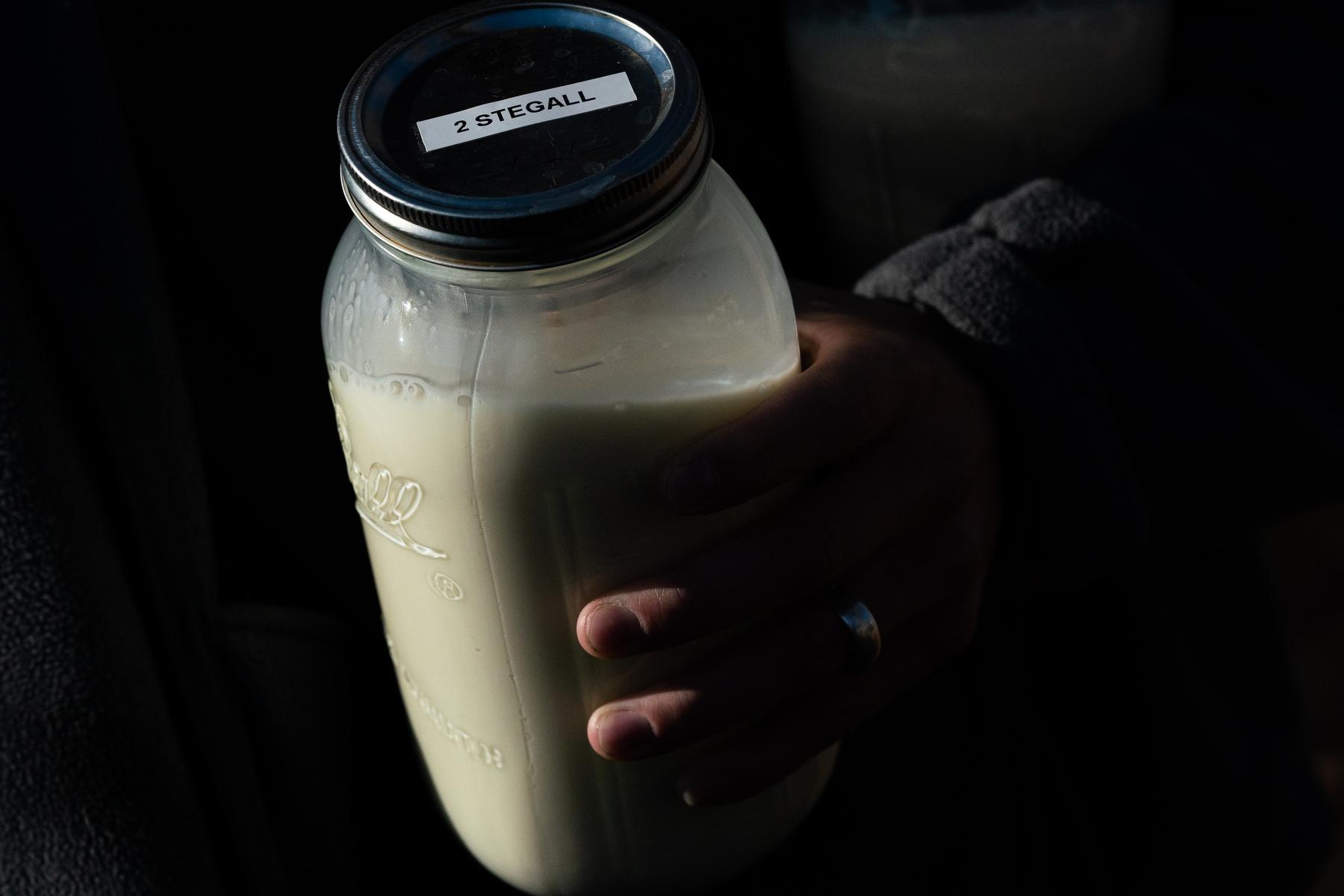
Instead of waiting for milk to arrive at his local grocery store, James Thatcher goes straight to the cows themselves.
Thatcher visits Jacob Springs Farm in Boulder weekly to pick up his share of raw milk. As a member of the farm’s herd share program, Thatcher legally owns a share of a cow, entitling him and his family to one gallon of raw milk a week. He discovered raw milk last year through word of mouth.
“People started saying that it was good stuff and then once I tried it, it was. Tastes better, makes you feel better,” he said.
When you go to a supermarket, the milk you buy in the refrigerator aisle is pasteurized, meaning it was heated and cooled before packaging in order to kill germs. Raw milk doesn’t go through that process — it's practically taken straight from a cow’s udder to a bottle.
While many countries in Europe and Asia regularly consume raw milk, it's typically seen as unhealthy in the United States. Colorado State University food safety specialist Marisa Bunning said it's important for consumers to know the risks involved in drinking raw milk.
“There's a risk because cattle are reservoirs for several human pathogens, and some of those can even be systemic,” she said. “In other words, they're internal in the milk, so nothing about the process of milking can eliminate those.”
A Centers for Disease Control and Prevention study found that between 1998 and 2018, over 2,600 illnesses were caused by drinking raw milk. The CDC states elderly adults, young children, and immunocompromised people are most at risk of becoming ill from raw dairy.
As things stand in Colorado, obtaining raw milk as a consumer is only legal through herd share programs. Farmers who run those programs, like Light Root Farm’s Daphne Kingsley, say their programs are wildly successful, often having long waitlists.
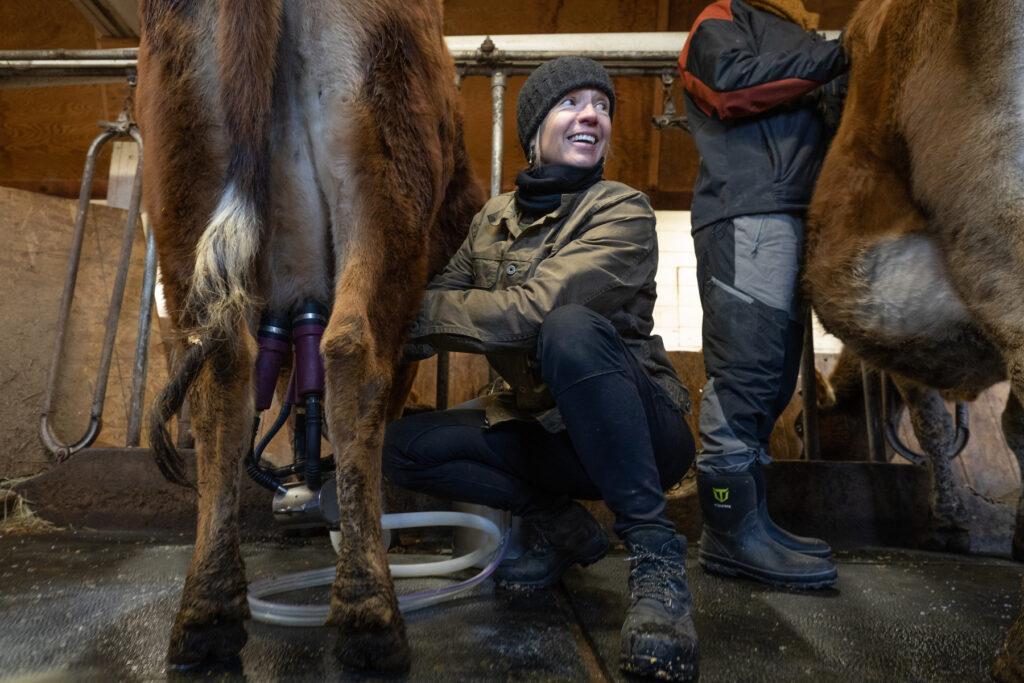
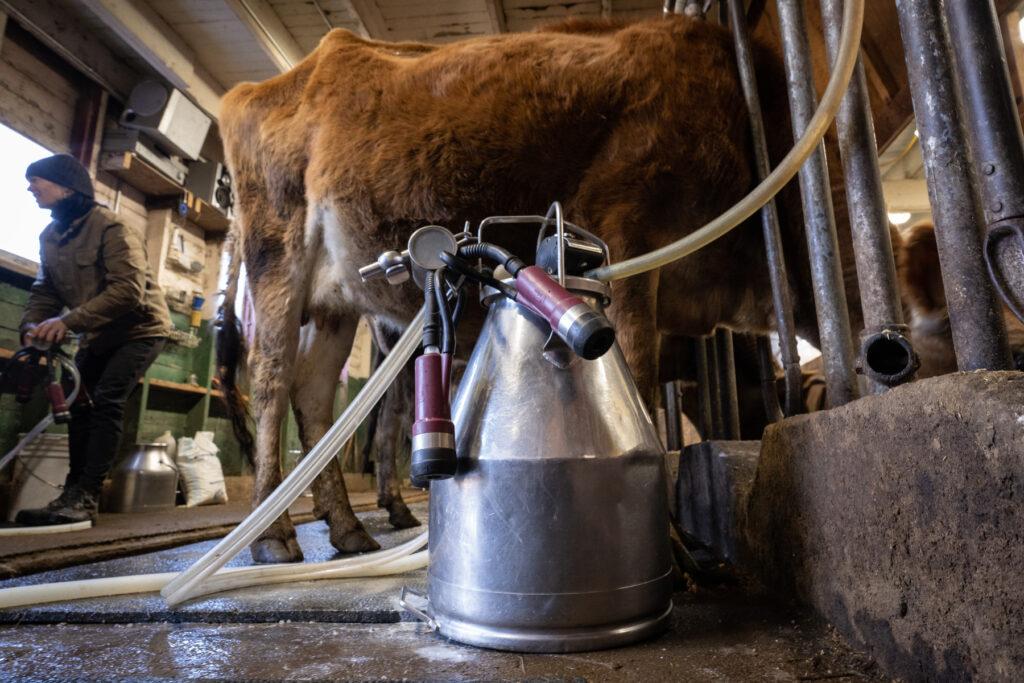
“Some people are looking for the nutritional value, some people are looking for the digestibility,” Kingsley said. “Some people just really want to source their food from a local farm that they can have that relationship with.”
The benefits of raw milk are contested. While people who sell and consume raw milk often say it's easier to digest and more nutritious, studies have shown that there’s little nutritional difference between raw and processed milk. That, combined with the health risks associated with the product, has left many skeptical of raw milk.
Still, dairy farmers stand by their products. Andre Houssney, who owns Jacob Springs Farm, said he doesn’t see a difference between raw milk and other regularly available food products that carry health risks.
“You can buy slimy, disgusting salmonella chicken in the styrofoam tray at the grocery store, and the government trusts you to handle that food in a responsible way, but somehow the government does not trust you to handle raw milk in a similarly responsible way,” he said.
Houssney said he drinks up to half a gallon of his own cows’ raw milk each day, and he loves it. He said a huge portion of his customer base comes from ethnic backgrounds that have a deep connection with raw milk products.
“Mongolians, Nepalis, Indians, Russians, some peoples from Africa, Ethiopians, they really value milk traditionally,” Houssney said. “Some people are using it to make paneer and ghee and all kinds of traditional yogurt drinks and other preparations that connect with their culture.”
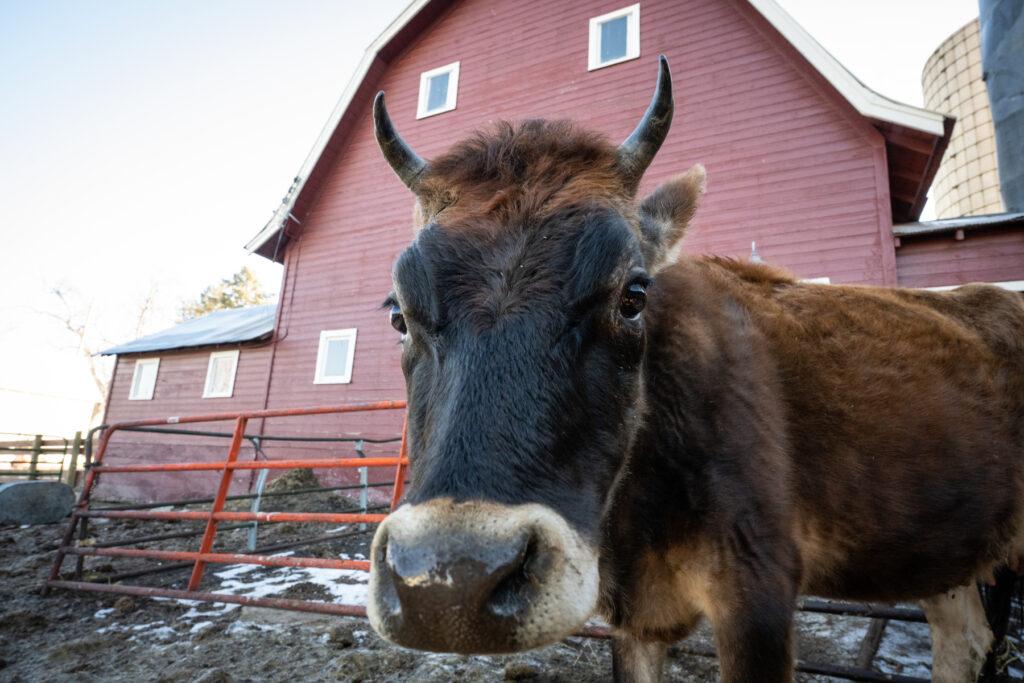
A bill introduced to the state legislature may expand access to the controversial product.
Backed by a bipartisan group, Senate Bill 24-043’s current text would allow raw milk producers to sell directly to consumers without the need for herd share membership. As the bill is currently written, consumers would also be able to get raw milk delivered to their homes or buy it from farmer’s markets. It would continue to be banned from grocery stores.
But the bill would also open up dairy farmers to fines and regulations as they would have to register with the Colorado Department of Public Health in order to sell to consumers. The bill doesn’t specify what regulations farmers would have to abide by, instead giving the commissioner of the Colorado Department of Agriculture the power to adopt rules about the safe storage, handling, and transportation of raw milk.
Houssney said those unspecified regulations are a big reason he doesn’t support the potential law.
“The bill is sold as an exercise in expansion of food freedom, but provisions like this really undermine the trust that farmers would have in a bill like this because it's basically putting out there a threat of destroying us financially for reasons which are not transparent,” he said.
Some farmers already have some safeguards in place. Kingsley said she regularly tests all milk for diseases like salmonella and E. coli.
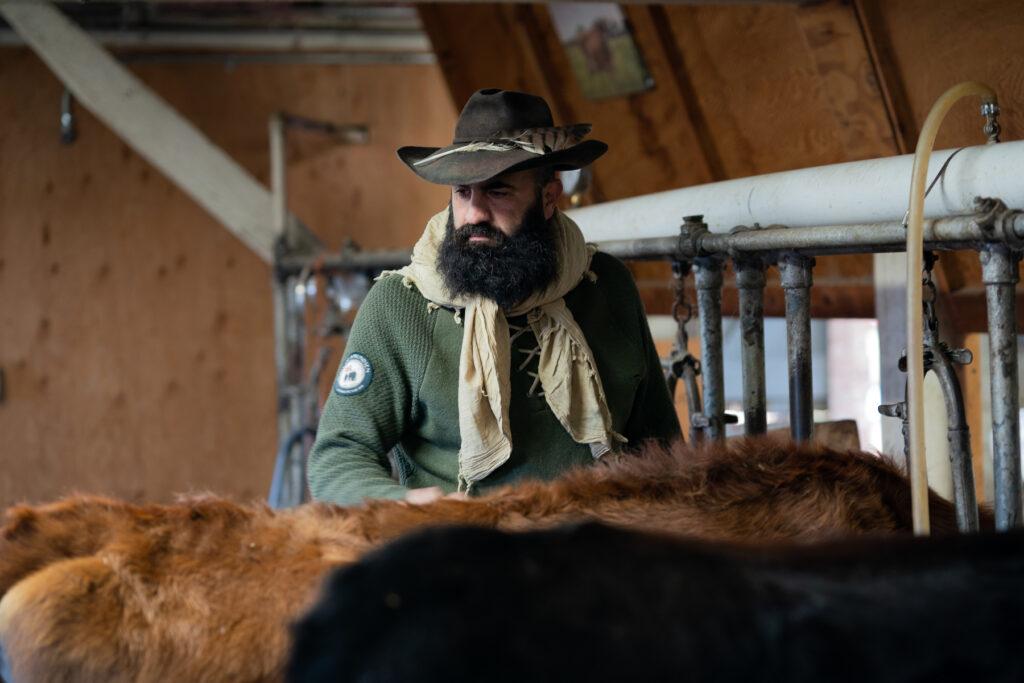
“It's not that you're testing every batch of milk, it's that you're testing once a month so that you have a track record over time to show that your systems are working to keep high-quality milk, low bacteria counts, no pathogens,” Kingsley said.
Bunning warns testing is not a be-all, end-all guarantee for the safety of food products, however.
“Testing isn't a guarantee that the milk is free from harmful bacteria because you're just sampling a small portion of that milk,” Benning said.
Benning added that if regular milk is hard on your stomach, but you don’t want to try raw milk or non-dairy products, other market alternatives may work.
“If someone doesn't care for the taste of the store-bought pasteurized milk, try the non-homogenized cream top milk, because I prefer that. I think it has a better flavor,” Benning said. “Become an informed consumer, become familiar with the safety risks of different products, but also become familiar with the variety of products that are available through grocery stores and home delivery.”
The new bill has yet to pass through the state Senate. It is awaiting hearings in the Senate Agriculture Committee and the Appropriations Committee.









